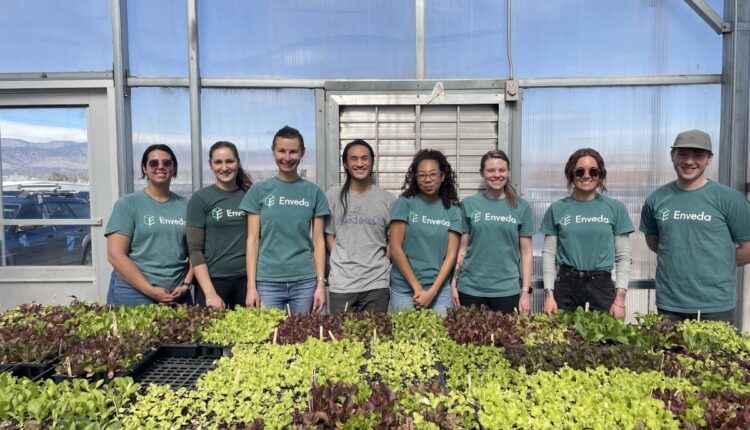or generations, indigenous populations worldwide have relied on plants for their healing properties. Willow bark, for example, has long been used to relieve pain and inflammation. However, it wasn’t until the 1800s that scientists isolated salicin, willow bark’s active compound and the precursor to modern aspirin. Now, a biotech startup called Enveda Biosciences aims to tap into ages of traditional herbal medicine knowledge with the help of artificial intelligence to discover new drugs.
Founded in 2019 by Recursion Pharmaceuticals alum Viswa Colluru, Enveda has built a vast database linking over 38,000 medicinal plants to approximately 12,000 diseases and symptoms based on their traditional uses across cultures. The company’s novel approach leverages this wealth of experiential human data alongside machine learning to pinpoint botanicals with the highest likelihood of yielding powerful new treatments.
Rather than studying individual molecules, Enveda’s AI model can decipher the “chemical language” of entire plant samples to prioritize compounds for drug development. This technique is proving effective, with two potential therapies for inflammatory conditions poised to enter clinical trials later this year. Such progress sparked the interest of investors, who just poured $55 million into the Series B extension to fund Enveda’s work totaling $230 million raised to date.
Backers include not only early stage funds but also strategic partners like Microsoft who recognize Enveda’s opportunity to unlock medicines hiding in plain sight. While many pursue plant-based drug discovery, few marry sophisticated AI with humanity’s age-old practice of healing with nature. If successful, Enveda may revolutionize drug R&D and deliver new options by reviving remedies used for centuries – now with science guiding the way.


